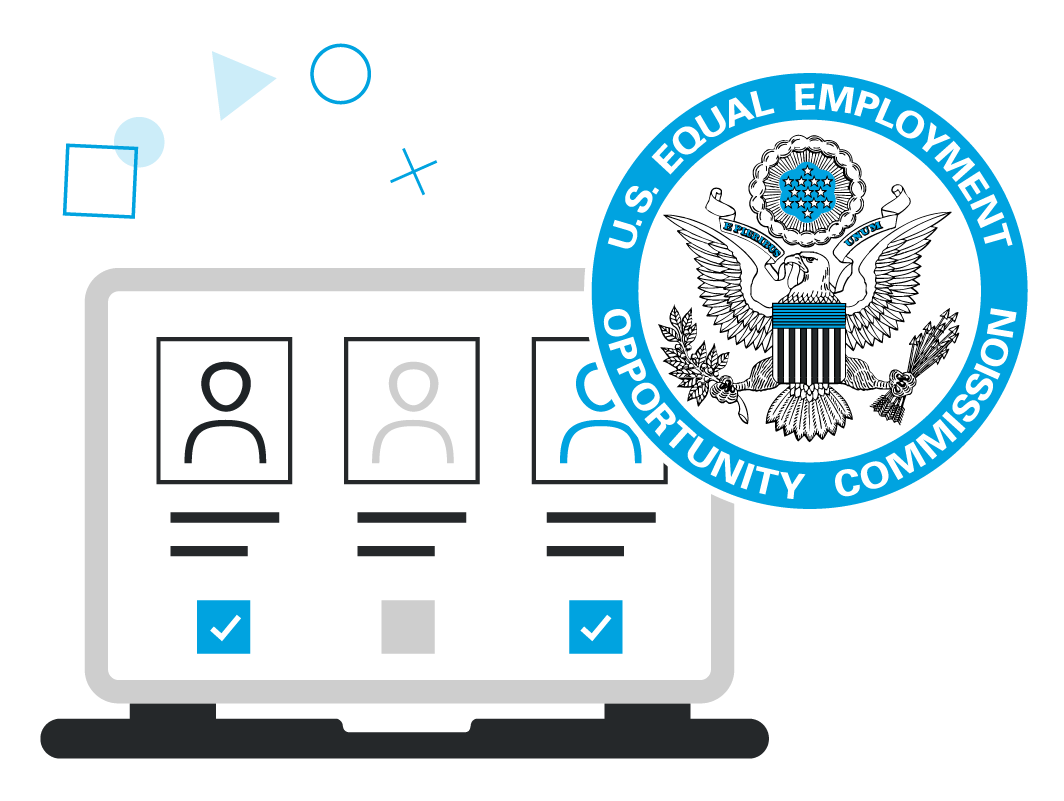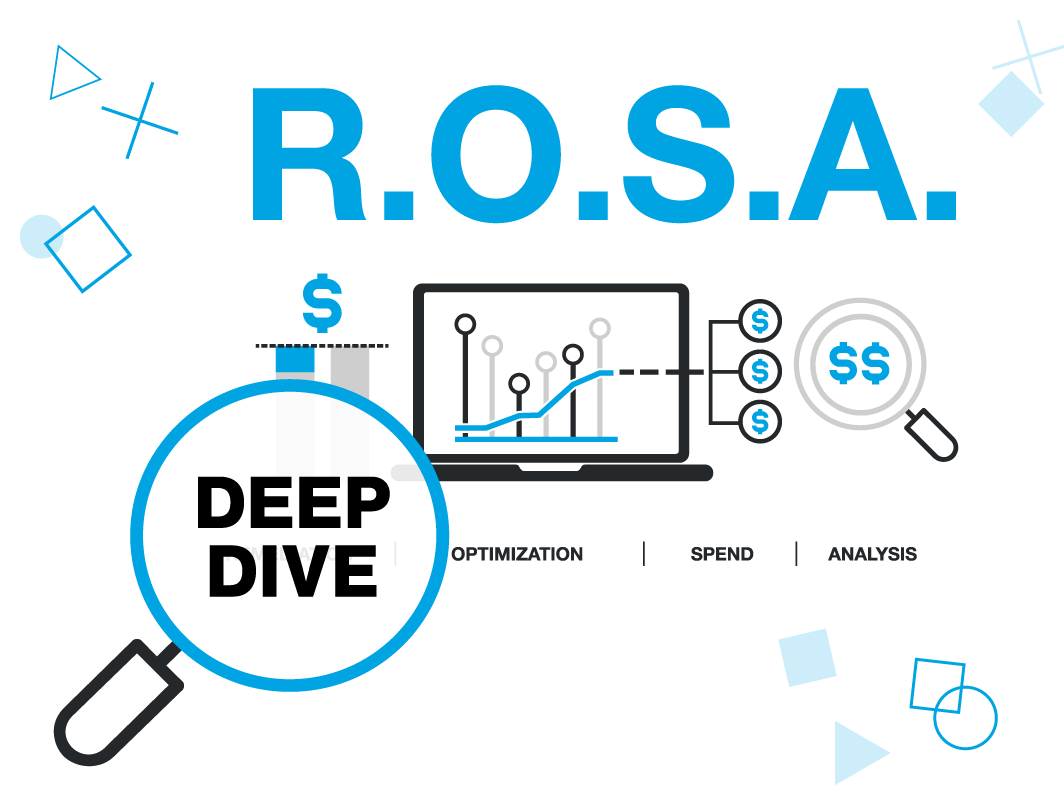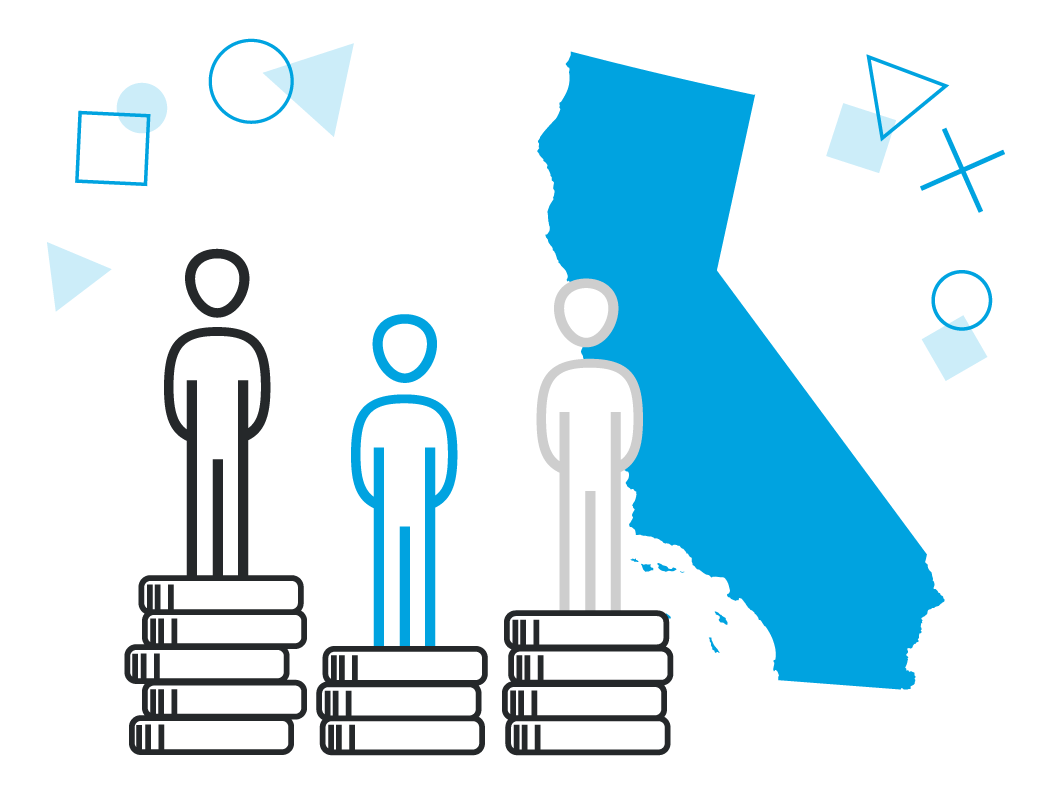
![]()
Despite continuous legislative and social efforts aimed at closing the gender pay gap, pay discrimination persists. The latest organization to learn the value of a pay equity audit the hard way is Esri.
The technology company based out of California reached a settlement with the Department of Labor’s Office of Federal Contract Compliance Programs (OFCCP) earlier this month and subsequently will pay $2.3 million in back pay, with interest, to a total of 176 female employees.
In the case, the OFCCP asserted that Esri paid female employees less than their male counterparts between January 1, 2017, through December 31, 2017. Of the affected employees, 143 were software development engineers, the remaining 33 were quality assurance engineers.
While the news of the pay discrimination settlement is not good for Esri’s reputation or brand image, it’s worth noting that the company did enter an early resolution agreement to correct the alleged violations. In addition to the payout, Esri will
- Assess and review its compensation systems to ensure pay equity moving forward
- Provide necessary training to hiring, HR, compensation, and all other relevant managers
- Conduct annual pay equity audits
Following the settlement, OFCCP Director Jenny R. Yang said, “Federal contractors must ensure that their compensation policies and practices provide equal pay and do not lead to discrimination based on gender.” She further added that federal contractors “must conduct annual pay equity audits and take proactive efforts to assess compensation systems and remedy unjustified pay gaps.”
Wise words from Mrs. Yang, as pay equity lawsuits, are on the rise. This year alone, we’ve seen massive pay equity lawsuits in the millions of dollars. LinkedIn, Google, Riot Games, and Activision Blizzard all made headlines when they agreed to settle for various accounts of gender pay discrimination.
The best way to get ahead of negative PR like this is to conduct a proactive pay equity audit. By taking this approach, organizations can identify and correct discriminatory pay practices prior to litigation.
Trusaic’s PayParity solution conducts the audit across an organization’s workforce at the intersection of gender, race/ethnicity, age, and disability. This holistic approach provides clear-cut metrics that identify any potential instance of pay inequity.
California employers may be required to conduct a pay equity audit soon, as the recent pay transparency bill SB 1162 is currently making its way through the legislative bodies and is expected to pass later this fall.
The trend of pay equity enforcement is only just beginning and other states are passing laws to ensure equal pay for equal work.
To learn more about new pay equity laws coming into play, view our interactive pay equity map below.




